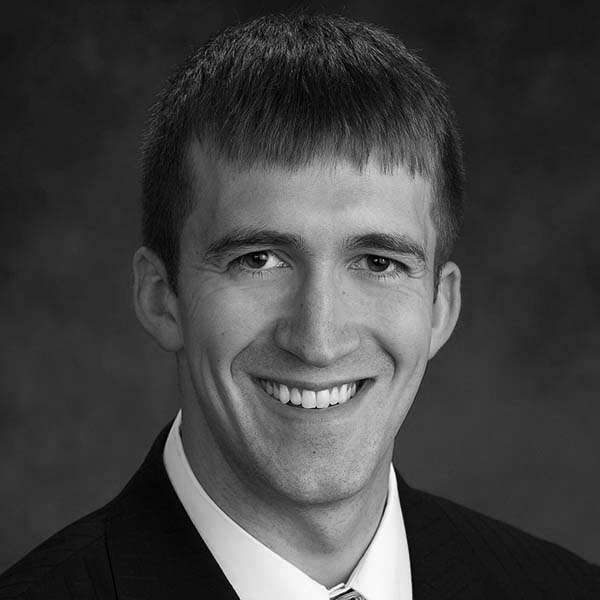When people think about health issues, they often don’t think about their teeth. Dental health is rarely considered a priority, especially among those in rural areas where dental health care providers are not always easily accessible.
Even when there is a dentist in town, people often wait until the pain of a toothache crops up before seeking an appointment. Whether it is for reasons of money, time or just the fear of the dentist’s implements, preventative care often is ignored.
But this attitude can be dangerous. A person’s teeth have a far greater impact on overall health than most people realize. Poor oral health has been linked to cardiovascular problems, including heart attacks and strokes. The primary culprit is bacteria, which can easily spread to other parts of the body, increasing the risk of infections.
The condition of a person’s teeth also impacts respiratory health. Respiratory infections can result when bacteria resulting from tooth and gum disease are inhaled into the lungs. This is especially dangerous for those suffering from chronic obstructive pulmonary disease (COPD).
In addition, people with diabetes are more likely to have periodontal disease and are more susceptible to infections overall. Any type of serious infection, including gum disease, can lead to a rise in blood sugar, risking further medical complications.
Even something as seemingly inconsequential as a dry mouth can pose a serious problem to dental health and, as a result, overall health. Dry mouth may seem like nothing more than an annoyance, but it can easily lead to tooth decay and infections, so it should never be ignored.
A lack of saliva is often a side effect of both prescription and over-the-counter medications. Antihistamines, diuretics and many pain medications are known to cause dry mouth as are drugs intended to treat nausea, epilepsy, anxiety asthma and many other disorders. This is especially problematic in older persons because of the increasing number of medications many seniors take. In addition, cancer treatments like radiation and chemotherapy often lead to dry mouth.
Brushing and flossing and using a dental rinse are obviously vital, but they are not the “be all” and “end all” of dental care. There is simply no substitute for regular visits to a dentist, for check ups and professional teeth cleaning. Don’t wait until you have a problem.
In rural areas, access to dental care can be difficult. If there is not a local dental provider, patients will need to make the trek to another town. This may prove difficult for older persons, especially those who do not drive anymore or don’t have the stamina for a long drive. One solution is carpooling. Organizations that exist to help seniors should consider arranging for dental appointments for multiple patients in the same day and then taking them together as a group.
Information on this subject can be found at websites maintained by the American Dental Association, http://www.mouthhealthy.org <http://www.mouthhealthy.org/> and the Mayo Clinic, https://www.mayoclinic.org/ or from local and state health departments.
By Gordon Hopkins, Rural Health News Service
Gordon Hopkins is a native of Nebraska and a graduate of Creighton University. He is a member of the Association of Certified Fraud Examiners and has worked as a professional insurance investigator. He now writes an award-winning column for The Fairbury Journal-News.



